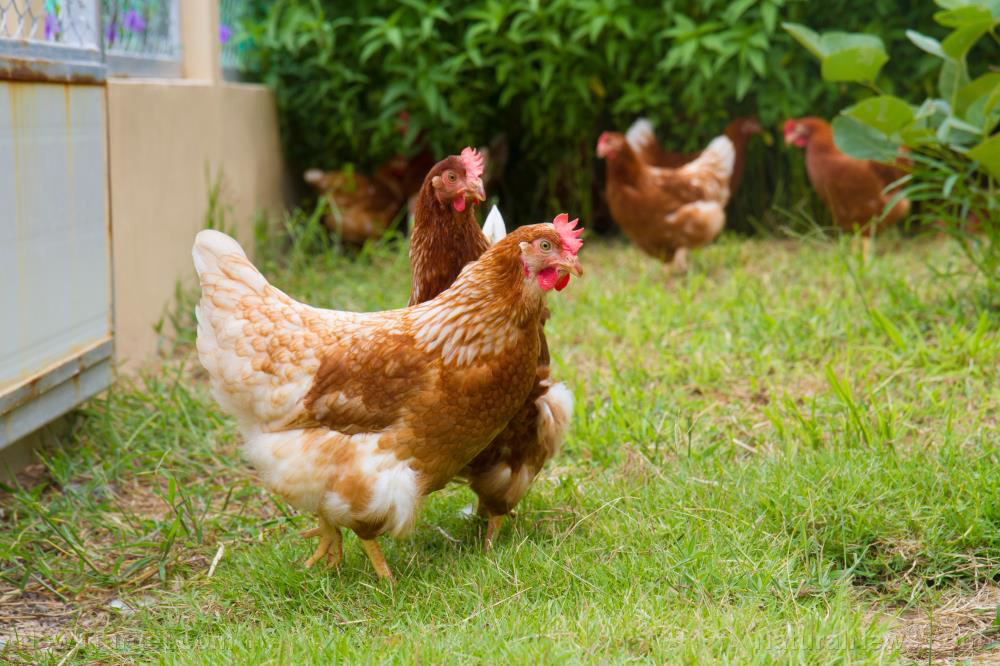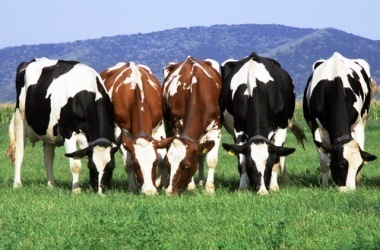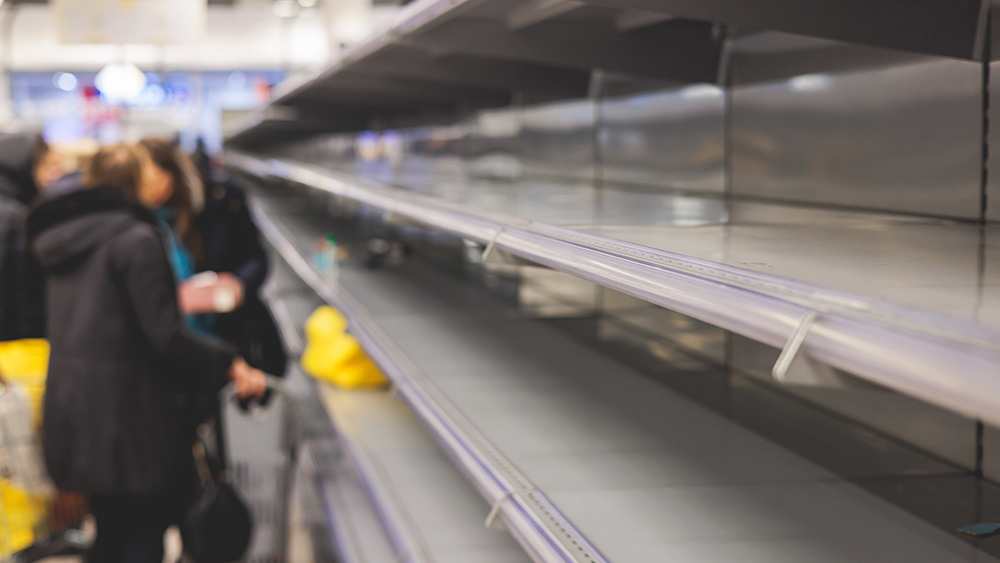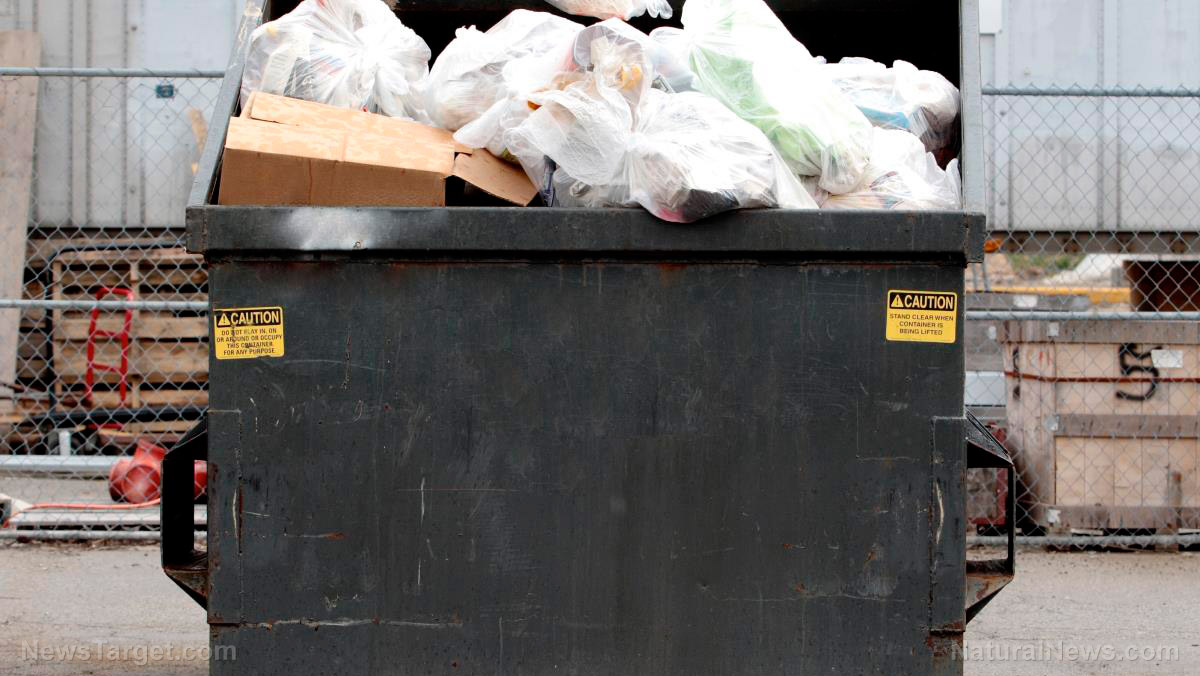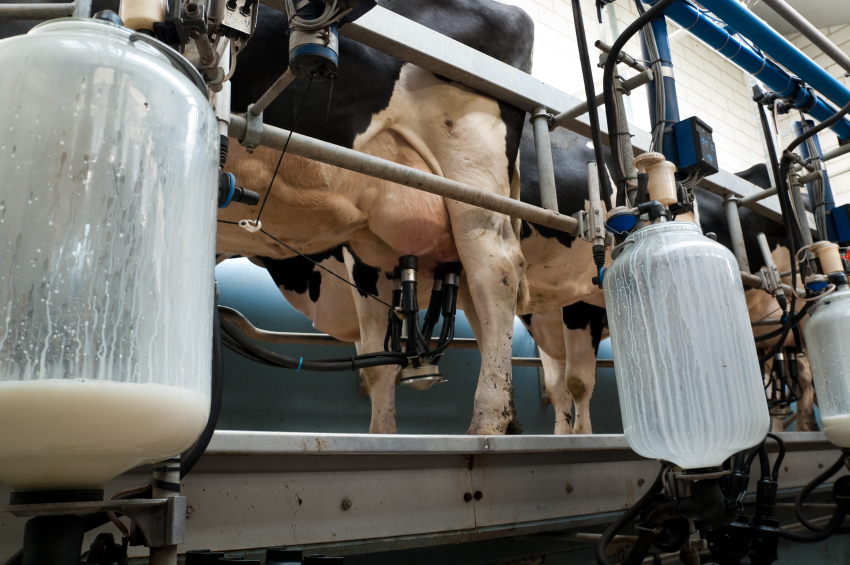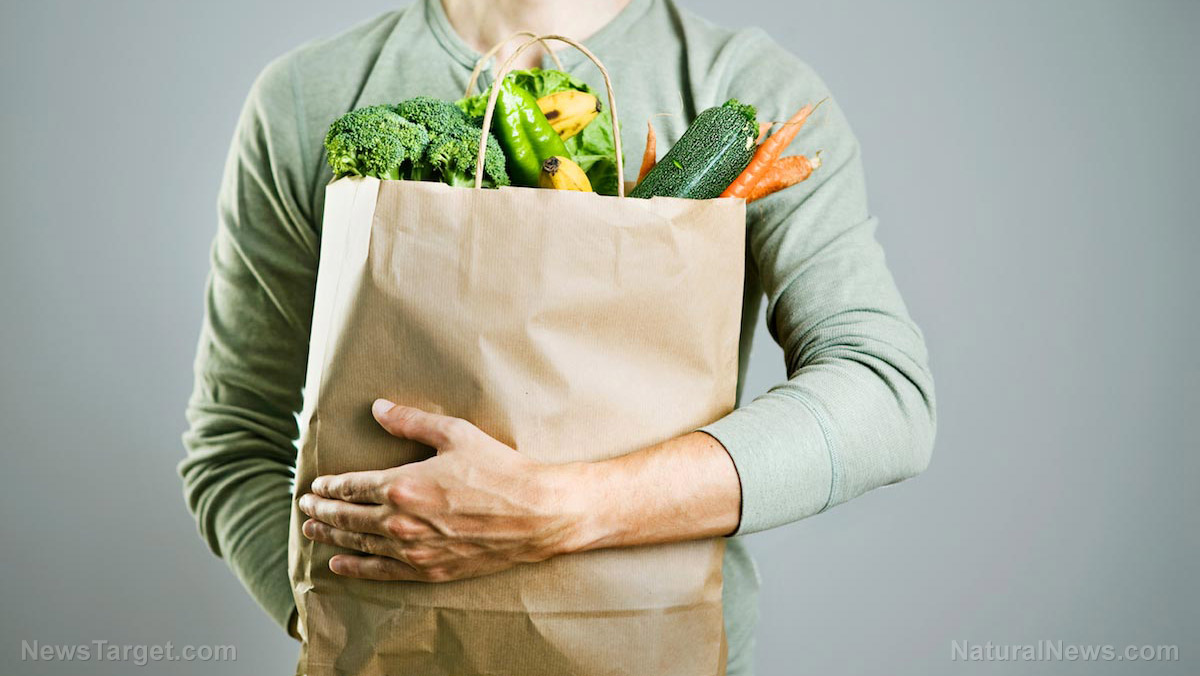David DuByne warns: Forced rationing of food and fuel already happening via “excess consumption” programs – Brighteon.TV
03/15/2023 / By Kevin Hughes
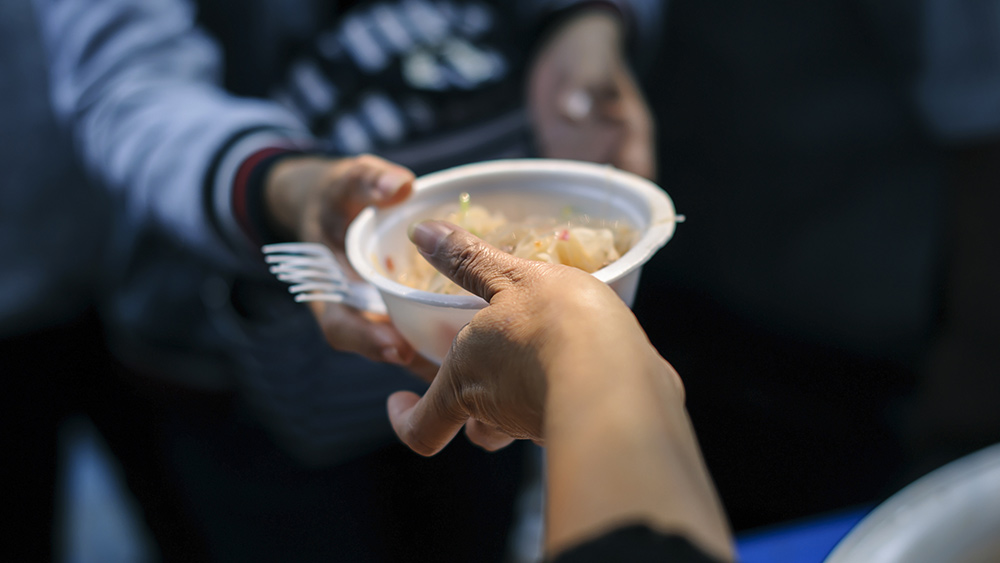
David DuByne warned that forced rationing is already happening under the guise of “excess consumption” programs, during the March 3 episode of his Brighteon.TV program “Adapt 2030.”
“There’s going to be this new program called excess consumption. It is a limited consumption amount on your part, and then if you surpass that you’re going to be taxed and penalized. And once you go to whatever the certain final range deemed, they’re going to cut you off completely,” he said.
DuByne, the creator of the “Adapt 2030” climate preparedness channels and “Mini Ice Age Conversations” podcast, said people are going to hear about these excess consumption programs more and more. He cited the example of Kazakhstan in Central Asia, which is now telling its citizens to conserve gas in spite of having the world’s largest reserves of natural gas.
The rationing would also apply to food, DuByne said, citing examples of supermarkets in the U.K. limiting the number of food items people can buy at one time. Aside from this, the British government is also considering a national database where Britons will need to present their ID or show their faces in front of a scanner to receive their daily food allotment. (Related: FOOD RATIONING: British supermarkets Asda and Lidl now limiting the number of eggs customers can buy.)
“So, this whole thing about tracking and tracing food purchase is nothing more than to get you on a database and into a digital rationing card,” he said.
Food supply, harvests also being compromised
The “Adapt 2030” host also blasted the “sick, vile and ridiculous” commentary from British newscasters and hosts. They reportedly cited older Britons who grew up in the time of rationing post-World War II.
According to DuByne, this was demeaning to the people and only showed how the British government failed to address the issues of food shortages. He ultimately pointed out that the move to track and limit people’s purchases of certain items had been in the books since the Wuhan coronavirus (COVID-19) pandemic broke out.
Aside from denouncing the proposal to digitally ration people’s food intake, he also mentioned the food shortages happening in various countries across the globe.
The North African country of Morocco hit a record low in its wheat production for 2022. Its barley crop had also been reduced to 70 percent from last year, thanks to drought and a massive cold snap affecting the crops.
Australia’s barley harvest also dropped by 33 percent mainly because of UVB radiation. Aside from Morocco and the Land Down Under, other countries such as Argentina, Canada, Kazakhstan and Uruguay also saw reduced barley yields.
Ultimately, DuByne said a food supply crisis is already here. He added that everything else that is happening only serves as a distraction away from the natural cycles in humanity’s ability to grow food on the planet.
Visit Rationing.news for more stories about plans to limit people’s food purchases.
Watch the March 3 episode of “Adapt 2030” below. ” Adapt 2030″ with David DuByne airs every Friday at 2-3 p.m. on Brighteon.TV.
More related stories:
FOOD CRISIS: David DuByne tells Mike Adams hunger looms as crops fail due to “grand solar minimum”.
Grocery rationing begins in UK as a means of ‘normalizing’ coming shortages ahead of collapse.
Global food supply crisis could kill more people than COVID-19, warns African politician.
Food rationing begins in some countries as plandemic’s war phase escalates.
Sources include:
Submit a correction >>
Tagged Under:
Adapt 2030, agriculture, big government, Brighteon.tv, collapse, crops, David Dubyne, energy rationing, excess consumption program, famine, food collapse, food freedom, food police, food rationing, food supply, forced rationing, harvest, hunger, ration cards, rationing, starvation, tyranny, United Kingdom
This article may contain statements that reflect the opinion of the author
RECENT NEWS & ARTICLES
COPYRIGHT © 2022 FoodPolice.news
All content posted on this site is protected under Free Speech. FoodPolice.news is not responsible for content written by contributing authors. The information on this site is provided for educational and entertainment purposes only. It is not intended as a substitute for professional advice of any kind. FoodPolice.news assumes no responsibility for the use or misuse of this material. All trademarks, registered trademarks and service marks mentioned on this site are the property of their respective owners.

